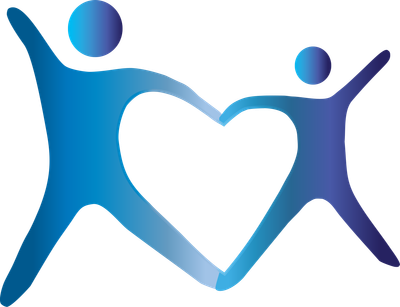Adults and Trauma -- Help is Available!
What is Trauma?
The word Trauma can in and of itself elicit a variety of emotions. Some people are filled with a curiosity and want to understand what trauma is and how to “fix” it. Other individuals may have denial and insist trauma has not happened. Another person may be confused about what trauma looks like and how it can affect people. Others may have feelings of fear or shame associated with thinking of past events they call traumatic. Additionally, some people may feel relief when they finally have a term to describe their scary or painful life experiences and the overwhelming emotions that followed.
So, what exactly is trauma you ask? Trauma is the life altering impact that happens to our brains, emotions, and bodies after experiencing sad, scary, and/or painful events. Trauma is messy; it takes what we know and completely flips it upside down, turns it inside out, throws it around, spins it, and comes back to us in fragmented pieces. Trauma often cannot be described in words. It hijacks our lives and we are often at a loss as to how we got here and how we move forward. Trauma literally changes the neural networks in our brains which impacts the ways in which we respond to the world. It can cause us to feel out of control, lost, confused, terrified, anxious, depressed, and so many more emotions.
Trauma looks different for every single person! An experience that becomes traumatic for one individual, may not create a trauma response for another individual. Additionally, one person may have symptoms of anxiety and panic attacks as a result of experiencing trauma whereas someone else may become depressed and feel disconnected from their body. An individual’s response to trauma can be greatly influenced by genetics, past experiences, support systems or lack thereof, coping skills, and accessibility to help.
Traumatic experiences are the sad, scary, and/or painful events that contribute to the development of trauma. Many people think of trauma as something that only happens in extreme situations. However, trauma can result from a single event, repeat events of the same nature, or repeat events of different natures. Trauma can occur from the event directly happening to an individual but it can also occur from witnessing events. Trauma happens to all ages, ethnicities, and social classes of people. Sometimes it can be easy to identify the traumatic event and other times trauma can accumulate from repeat exposure to events over time.
Here are a few examples of traumatic experiences/events:
- Any abuse (physical, verbal, emotional, sexual)
- Violence
- Car accident
- War
- Abandonment and neglect
- Lack of attachment relationships
- Medical intervention or lack thereof
- Domestic violence (witnessing and experiencing)
- Death
- Divorce or family conflict
- Bullying
- Any life-threatening or perceived life-threatening event
Trauma is often misunderstood because it can manifest in such a variety of ways. Symptoms from trauma can occur immediately after a traumatic event or they may appear slowly over months or even years. Some examples of how trauma may present include (but are definitely not limited to):
- Anxiety, Panic attacks
- Depression
- Flashbacks
- Feeling disconnected from one’s body
- Overwhelming emotions
- Risk taking or self-harming behaviors
- Isolation or lack of meaningful relationships
- Negative self-image
- Self-medicating through the use of drugs, alcohol, or unsafe sex
- Disruptive behaviors (common for children)
- Physical pain, Gastrointestinal problems, Muscle tension
- Feeling “on edge” or hyper alert
- Inability to create a narrative or story of past events
While trauma can be incredibly confusing and difficult to navigate alone – there is hope! Healing from trauma is possible. Getting connected to a counselor trained in working with trauma is a great place to start. With the help of a skillful counselor, you can learn more about trauma, identify traumatic experiences, and determine how trauma may be impacting your life or the life of someone you care about. During therapy, individuals can learn to develop healthy coping skills, understand and regulate emotions, increase self-esteem, reduce unwanted symptoms like anxiety or depression, strengthen relationships, create new neural brain connections, establish a sense of body safety, and rebuild one’s life.
Learn more about trauma and start your healing journey today by connecting with a counselor and resources at Heart to Heart!
~Tasha Lehner MA



